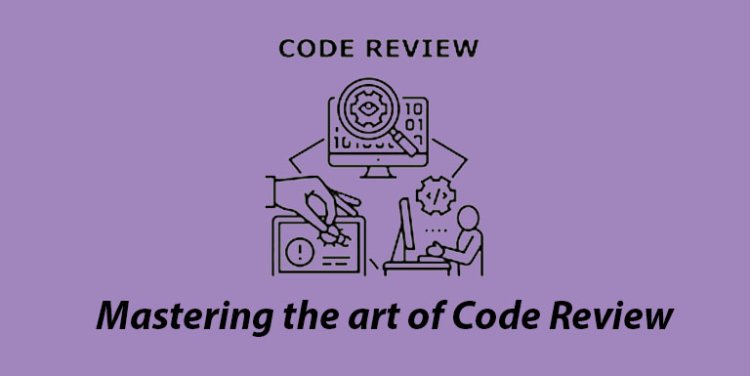Mastering the Art of Code Reviews

In the world of software development, collaboration and quality assurance are paramount. Code reviews stand as a crucial pillar in this process, acting as a bridge between individual programming efforts and a cohesive, polished end product. In this blog, we will delve into the concept of code reviews, their significance, and why honing your skills in this practice can propel you towards excellence in your coding journey.
Understanding Code Reviews: A Collaborative Craft
A code review is a systematic examination of code by peers or senior developers. It involves assessing the code for correctness, efficiency, adherence to coding standards, and overall quality. Code reviews provide a fresh perspective, helping to identify bugs, potential security vulnerabilities, and areas for improvement. They promote collaboration, foster knowledge sharing, and ensure that the codebase remains robust and maintainable over time.
The Significance of Code Reviews: Why They Matter
Quality Enhancement: Code reviews act as a checkpoint, preventing flawed or suboptimal code from being merged into the main codebase. This leads to a higher-quality product with fewer bugs and issues.
Knowledge Sharing: Code reviews encourage developers to share their insights and best practices. This exchange of knowledge helps spread good coding practices throughout the team and enables everyone to learn from one another.
Bug Detection: A fresh pair of eyes often spots issues that the original developer might have overlooked. Code reviews catch bugs early, saving time and resources that would otherwise be spent on debugging later.
Consistency: Code reviews ensure that the code follows the established coding standards and conventions. This consistency simplifies collaboration and makes the codebase easier to understand for all team members.
Skill Enhancement: Engaging in code reviews exposes developers to different coding styles, techniques, and problem-solving approaches. This exposure contributes to their growth as well-rounded developers.
Team Cohesion: Code reviews foster a sense of teamwork and accountability. When team members review each other's code, they collectively share the responsibility for the code's quality and success.
Mastering Code Reviews: Steps Towards Excellence
Embrace a Learning Mindset: Approach code reviews as opportunities to learn and improve. Welcome feedback with an open mind, even if it points out areas that need enhancement.
Understand the Context: Before reviewing code, understand the requirements, objectives, and design decisions behind the code changes. This context helps you provide more informed feedback.
Constructive Feedback: Deliver feedback in a respectful and constructive manner. Focus on the code, not the developer, and offer suggestions for improvement rather than criticism.
Be Thorough: Review the code comprehensively, paying attention to logic, correctness, performance, security, and readability. Use tools and checklists if available.
Engage in Discussion: Encourage open discussions during code reviews. Collaborative conversations lead to better solutions and shared understanding.
Continuous Improvement: Learn from each code review experience. Identify patterns, lessons, and areas for personal growth.
Mastering the art of code reviews is a journey that elevates both your individual coding skills and the overall quality of your team's output. By recognizing the significance of code reviews in promoting quality, collaboration, and growth, you can actively participate in creating a culture of excellence within your development environment. Embrace the opportunity to contribute to your team's success, learn from your peers, and enhance your own coding prowess through this essential practice.
What's Your Reaction?















